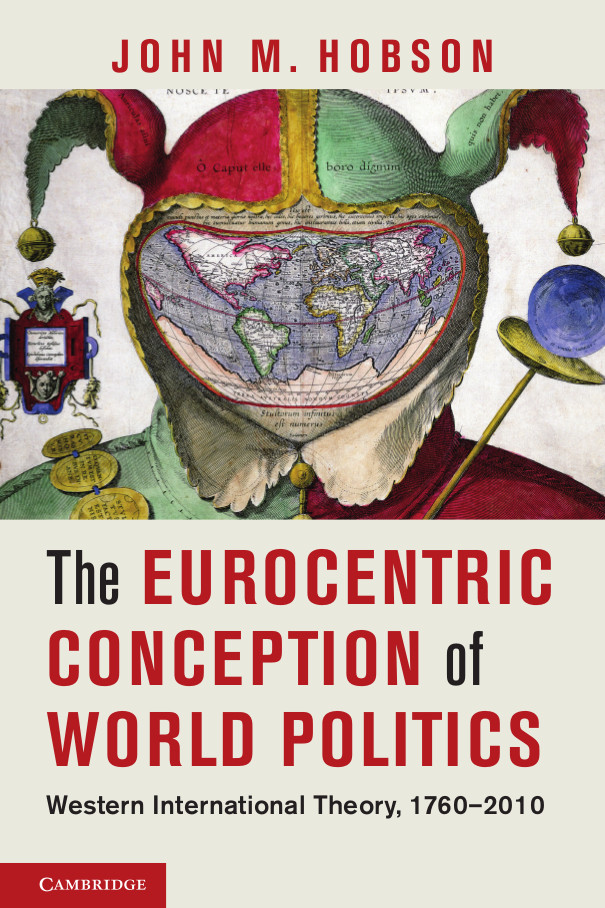The fourth post in our symposium on Cynthia Weber’s Queer International Relations: Sovereignty, Sexuality and the Will to Knowledge is from Cyril Ghosh. You can read Cynthia’s introductory post and responses to it here.
Cyril Ghosh is Assistant Professor of Government & Politics at Wagner College and Part-Time Assistant Professor of International Affairs at the Julien J. Studley Graduate Program in International Affairs, The New School. He is the author of The Politics of the American Dream: Democratic Inclusion in Contemporary American Political Culture (Palgrave-Macmillan, 2013). He is currently working on a book manuscript (with Elizabeth F. Cohen): Key Concepts: Citizenship (under contract with Polity Press, UK).
Cynthia Weber has written a very compelling contribution to the study of queer international relations. In this symposium entry, I intend to identify what – to my mind – are the three biggest achievements of the book. Here, I want to specifically offer some reflections on two figures discussed by Weber: one is the neoliberal, docile, gay, homonationalist patriot – in other words, the ‘good gay’. The second is the figure of Tom Neuwirth/Conchita Wurst, whom Weber sees as a destabilizing persona that lends itself beautifully to reading sexuality and/or the queer into international relations. I will conclude the post with a few remarks on some of the questions the book raises and invites further discussions about.
But I begin with the achievements: first, the book clarifies queer IR as a method in a way that is both urgent and welcome. In doing so, it secures a solid foundation for both future and contemporary scholarship on queer IR. The specific discussions of tropes from Foucault, Sedgwick, Haraway, Butler, Barthes, and others is fascinating to me – especially as a combination of lenses that can be used to refract and pluralize analyses of contemporary IR.
For some time now, we have had a feminist IR movement within the field of IR. But, at the present time, only a handful of scholars examine tropes of sexuality. As Weber correctly identifies, this is because IR scholars and Queer Studies scholars rarely converse with each other. And, in doing so, they leave unexplored much fertile ground of inquiry.
Discourses surrounding despised sexualities of various kinds present themselves in international affairs. In fact, they are ubiquitous. Thus, as Jasbir Puar, Lily Ling, Anna Agathangelou, and others have shown, ‘political’ rivals are routinely presented/depicted using imagery and language predicated on despised sexualities. These depictions can range from the figure of a highly sexualized violent rapist to emasculation (and defeat?) through anal penetration. Analyses of these tropes obviously transcend the field of IR (I am thinking here of Edward Said or Jack Shaheen), but they remain particularly relevant for it.
So, in offering a systematic and yet not reified methodological approach to queer IR, Weber has done, I think, a great service to this nascent subfield. Hers is not the final word on the subject, as she would herself acknowledge. However, the book represents a bold step forward in this line of inquiry.






